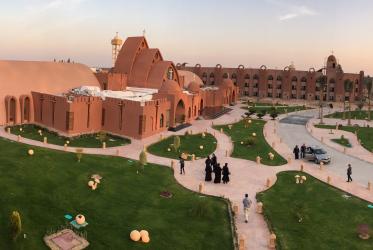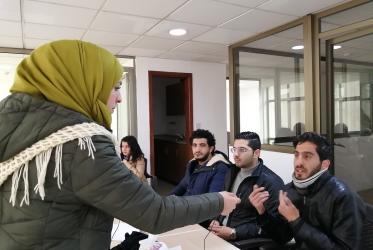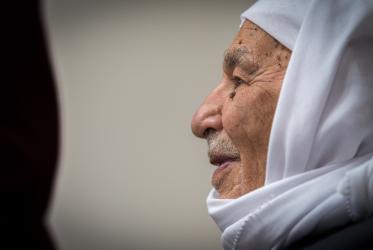Displaying 1 - 20 of 125
Promotion de la dignité humaine par l’art
07 September 2022
Promoting human dignity through art
06 September 2022
Are migrants seen and heard? Conference presses the question
19 October 2020
The cry of the Papuans in Indonesia
14 November 2019
A faith-based, holistic approach to HIV and AIDS-care
13 March 2019











